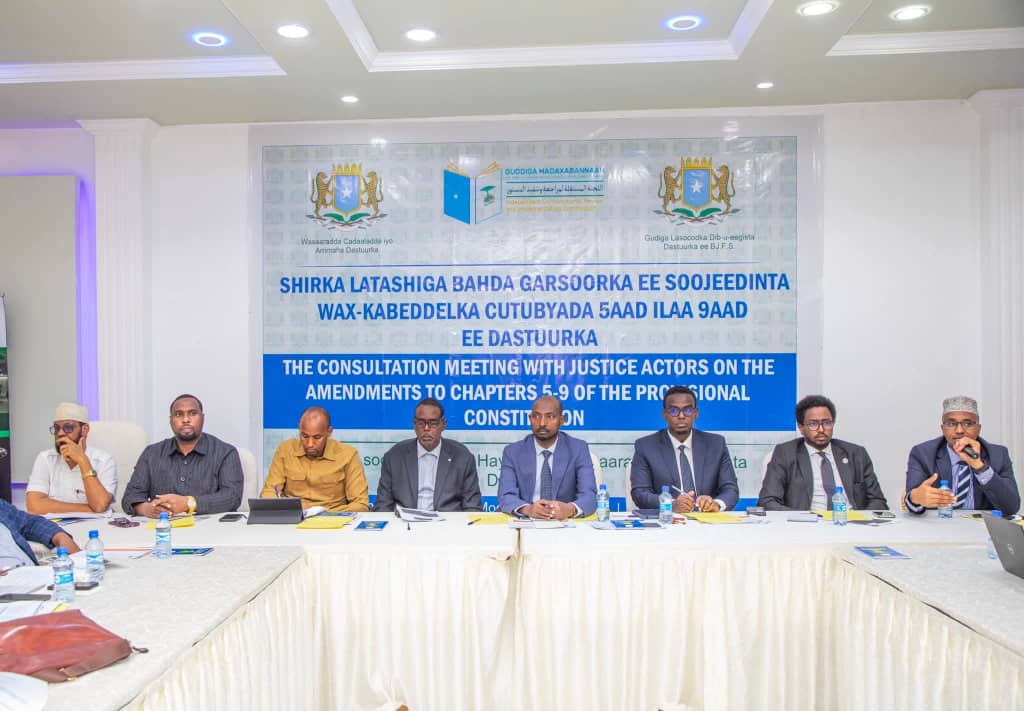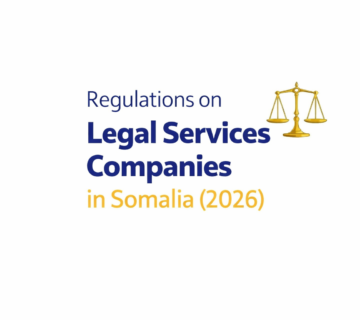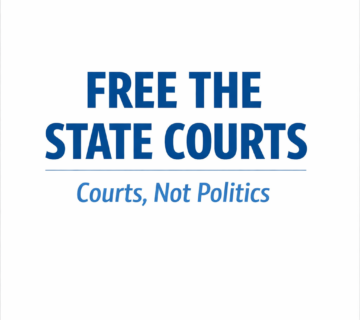Mogadishu, 30 November 2024, The Chief Justice of the Supreme Court of the Federal Republic of Somalia, Hon. Baashe Yusuf Ahmed, formally convened the Judicial Stakeholders’ Consultation Conference, the principal agenda of which was the consideration of proposed amendments to Chapters 5 through 9 of the Provisional Constitution. The conference further entailed the presentation of outcomes derived from the initial phase of constitutional consultations conducted within the Banadir Region and the Federal Member States, with the exception of Puntland, Jubaland, and Somaliland.
At the opening of the consultation conference, the Chief Justice was accompanied by the Chairperson of the Independent Constitutional Review and Implementation Commission, the Permanent Secretary of the Ministry of Justice and Constitutional Affairs, and the Secretary of the Parliamentary Oversight Committee on the Constitution. During the second phase of the consultations on Chapters 5 through 9, meetings will also be held with youth groups, civil society, academics, and government institutions.
The Tension Between Amendment and Separation of Powers
In constitutional democracies, the principle of separation of powers requires that each branch of government the executive, the legislature, and the judiciary maintains distinct functions and acts as a check on the others. Constitutional amendment processes are ordinarily entrusted to the legislature and, in some cases, directly to the people through referenda. The judiciary’s role is typically confined to reviewing whether those processes respect constitutional limits.
In Somalia, however, recent developments show the Chief Justice and senior judicial officers actively participating in public consultations on constitutional amendments. While this may signal institutional involvement in state-building, it blurs the boundaries between judicial and political functions, raising questions of impartiality, judicial independence, and the very possibility of constitutional review.
When the judiciary participates in the making of a constitution or its amendment, it risks compromising its later role as guardian of constitutional supremacy. How can a court impartially decide whether an amendment was valid if its own leadership was involved in the process? This is particularly problematic in fragile states like Somalia, where political elites already have a history of using constitutional change to consolidate executive power.
This risk is not merely theoretical. In 2024, President Hassan Sheikh assented to amendments covering four chapters of the Provisional Constitution, rather than adopting a comprehensive new constitutional text. These partial amendments nonetheless concentrated additional powers in the presidency, most notably by permitting the President to appoint the Prime Minister without requiring parliamentary approval a departure from the power-sharing framework envisaged under the 2012 Transitional Constitution. Opposition leaders contended that this alteration undermined the principles of separation of powers and meaningful public participation. Yet the judiciary, having participated in the consultation process leading to these amendments, may now encounter a conflict of interest if called upon to adjudicate their constitutionality.
Comparative Insight: Kenya’s Basic Structure Doctrine and the BBI Case
Kenya offers a stark contrast. In the Building Bridges Initiative (BBI) cases (2021–2022), the Kenyan High Court, Court of Appeal, and Supreme Court nullified proposed constitutional amendments on the grounds that:
The President had no authority to initiate a popular amendment under Article 257 of the 2010 Constitution. The amendment process violated the basic structure doctrine, which protects the Constitution’s core features (e.g., separation of powers, sovereignty of the people) from ordinary amendment procedures and Public participation requirements were not adequately met.
The Kenyan judiciary stood apart from the political process and exercised robust oversight. Its rulings emphasized that constitutional change must be people-driven, transparent, and procedurally valid.
This illustrates what Somalia currently lacks: an independent judiciary willing to review constitutional amendments, even against the executive. If the judiciary is entangled in the amendment process, as in Somalia, it cannot credibly perform this role.
Implications for Somalia’s Fragile Constitutional Order
- Loss of impartial arbiter: If the Chief Justice endorses amendments, litigants lose confidence in judicial review.
- Erosion of checks and balances: Judicial involvement blurs lines, reducing separation of powers.
- Weakens constitutional legitimacy: Amendments risk being seen as elite-driven rather than people-driven.
- Comparative disadvantage: Unlike Kenya, which has developed strong constitutional jurisprudence, Somalia risks entrenching executive dominance by weakening its only potential check.
The judiciary’s role in constitutional amendment should be confined to interpretation and review, not participation. Somalia’s fragile constitutional order requires strong safeguards to prevent executive capture. Kenya’s experience with BBI demonstrates that an independent judiciary can defend the constitution against procedural violations, even when politically powerful actors push for change.






No comment